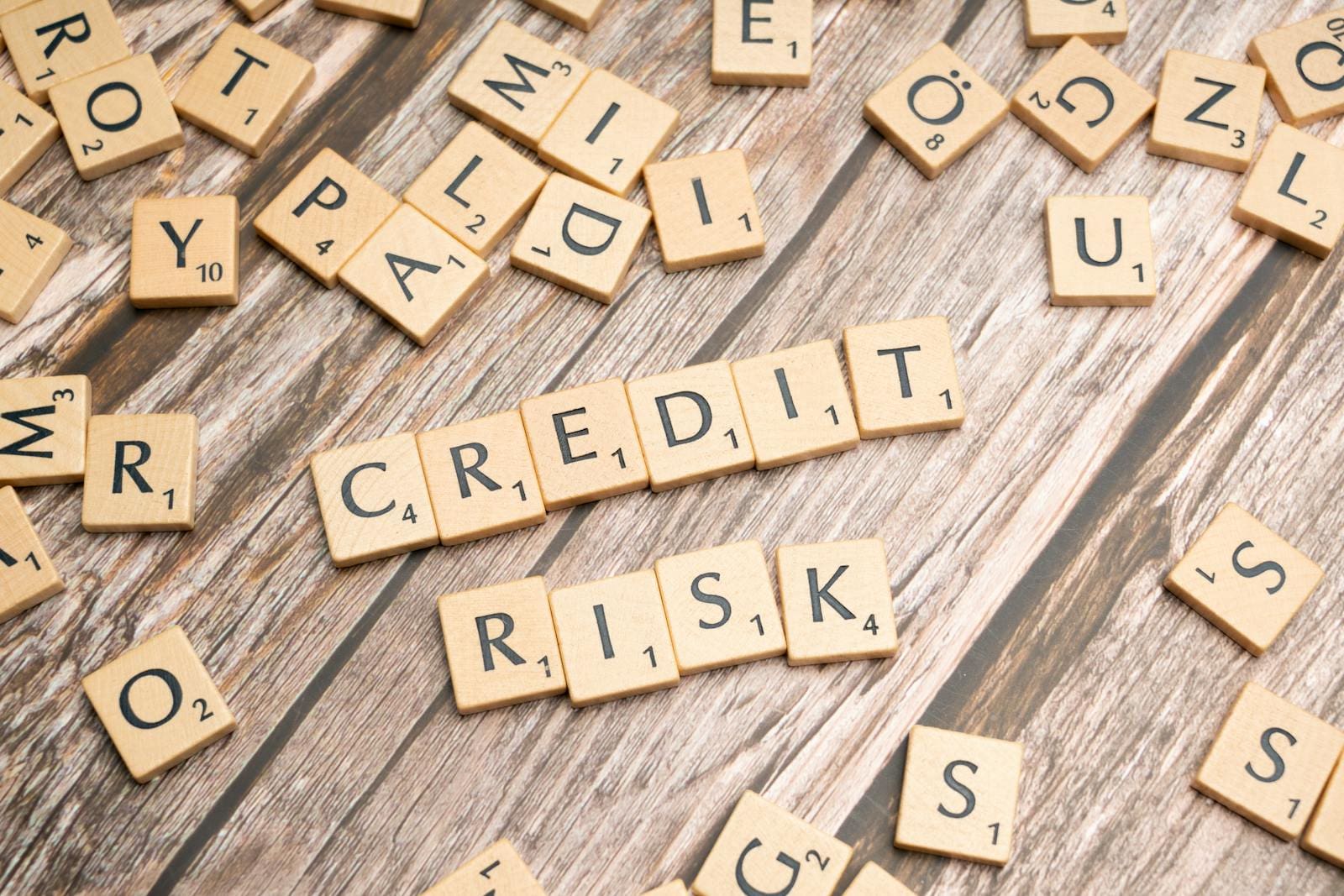It takes a lot of time and effort to build up a decent credit score. Sadly, it just takes one mistake to bring your score crashing back down to earth. Here are thirty mastakes to avoid so you can keep your credit in good standing to borrow money when you need it most!
30. Charge-Offs On Your Report
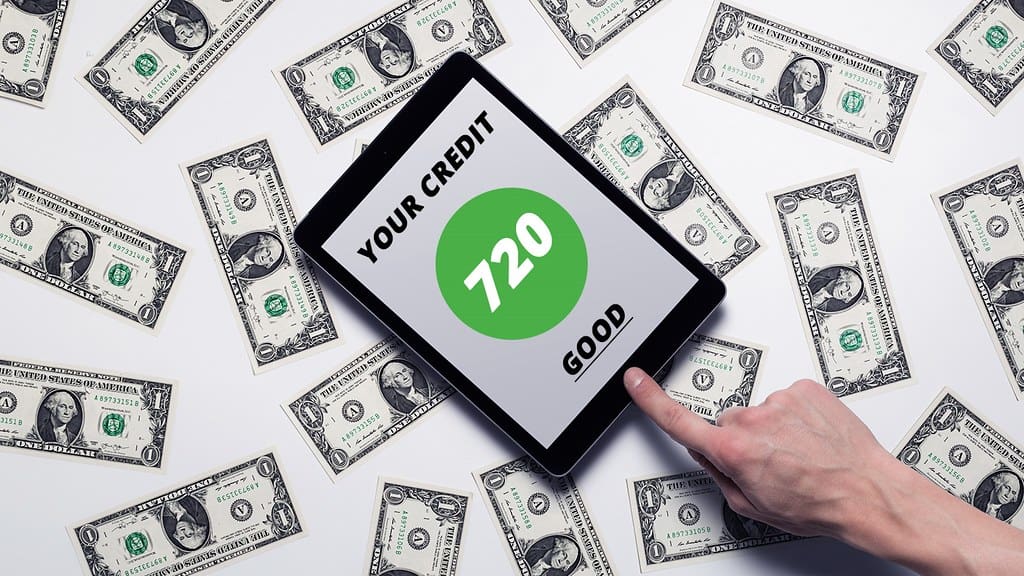
If you leave a debt unpaid for too long, the debtor might just call it a charge-off. This indicates to credit bureaus that the debtor basically decided it’s not worth even trying to collect the debt from you anymore. These can stay on your report for up to seven years!
29. Too Many Credit Cards
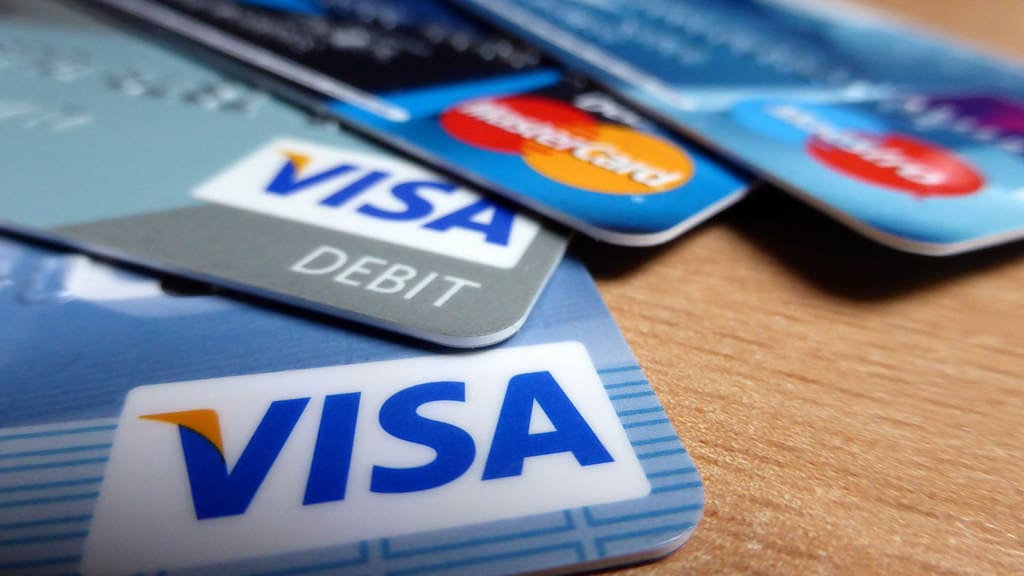
You don’t want to have too many credit cards on your report. The thing is, credit bureaus want to see a good mix of credit to give you a good score. If you have too much debt, it can mess up your debt-to-income ratio and tank your credit score!
28. No Credit Cards
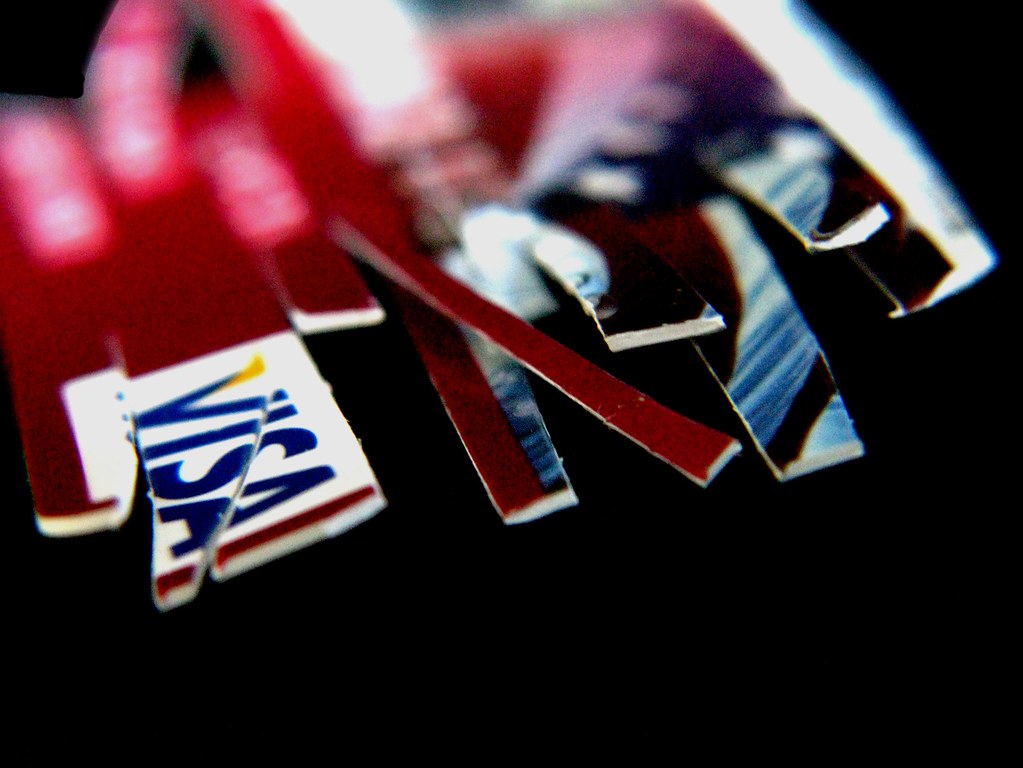
Conversely, you also don’t want to avoid credit cards altogether. Having one or two cards that you regularly pay off is a great indicator to credit bureaus that you’re trustworthy and easy to lend money to. So don’t just avoid credit cards altogether.
27. Foreclosure on Your Record

If your home’s been foreclosed on in the past, it can leave a nasty mark on your score. This is tough to get rid of once it shows up, but there are ways to avoid it happening in the first place. Make sure you stay in good standing with your mortgage and don’t let your payment slip too far behind.
26. Asking for a Higher Limit
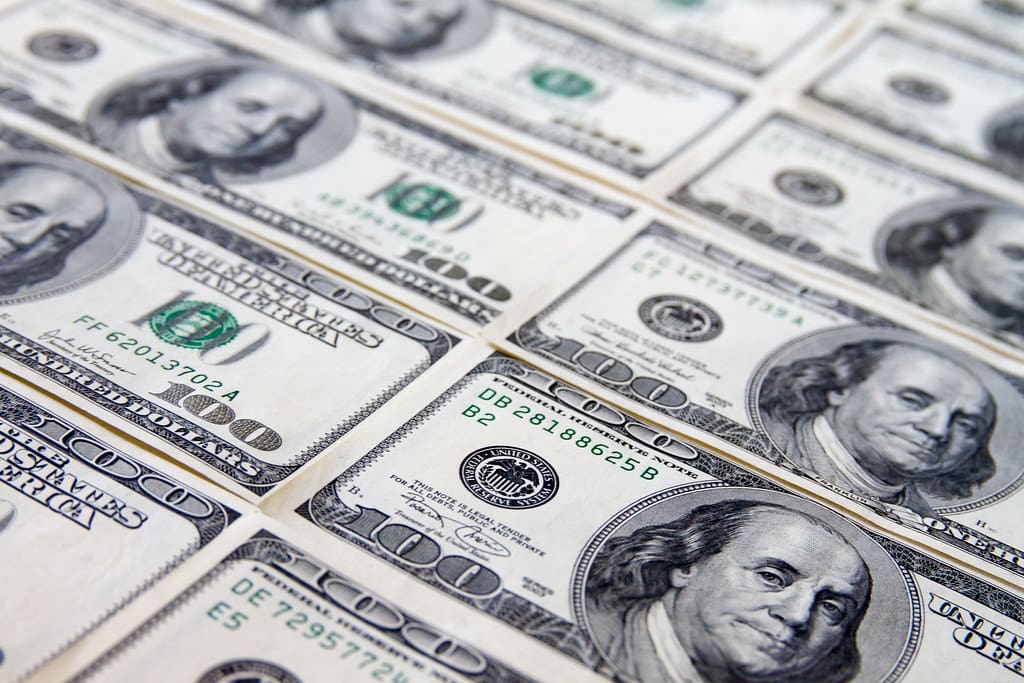
If you ask for a higher limit on your credit card but you’re behind on bills, it can signal to credit bureaus that you’re an unreliable borrower. After all, if you need a higher limit but you’re still struggling to pay back what you owe, this is a sign that you’re having a hard time managing your debt.
25. Consolidating Debt
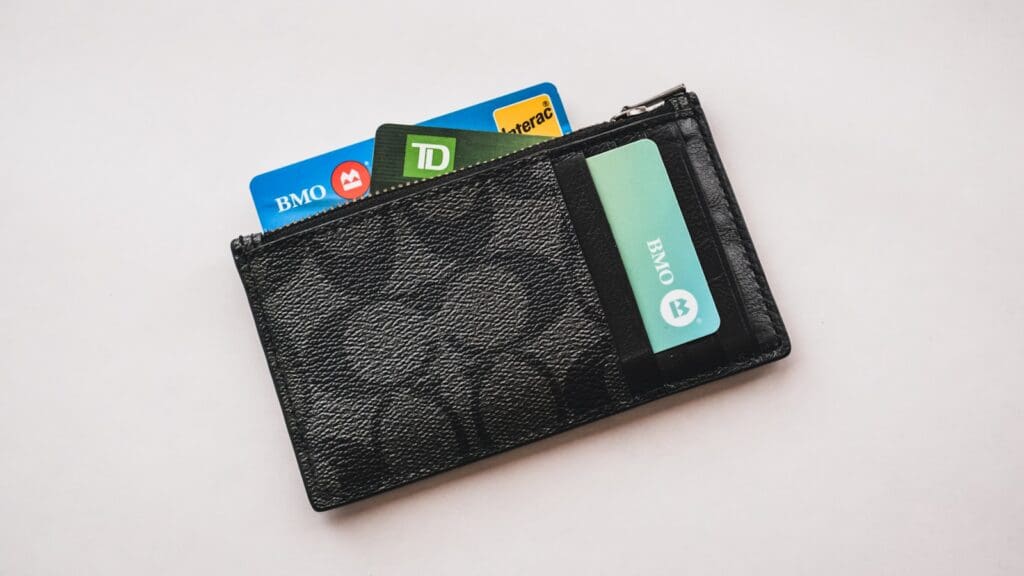
Debt consolidation is a great way to get out from under numerous accumulating debts. However, consolidating all of your credit cards into one to pay them back at a lower interest rate can also hurt your credit. This is frustrating, but it might be necessary if you’re trying to get back in front of your finances.
24. Paying Off All Cards

Likewise, paying off all of your credit cards at once can be a bad thing for your credit score. Credit bureaus like to see that you’ve got open accounts in good standing. That shows that you both borrow money regularly and pay it back on time.
23. Using the Wrong Card

If you put a $2,000 purchase on a card with a $2,000 limit, you’ve now maxed out a credit card. Instead, consider putting that purchase on a card with a higher limit so it’s not maxed out. Even if you intend to pay it back before it accrues interest, this can be harmful for your overall credit score.
22. Co-Signing Borrowing

Helping a friend or family member out by co-signing on a loan for them can be a great way to help them get ahead with their finances. It can also hurt your credit if they fail to pay back the loan. Make sure you only co-sign for people you’re certain can pay back their debts, otherwise you could be on the hook.
21. Bad Credit Mix
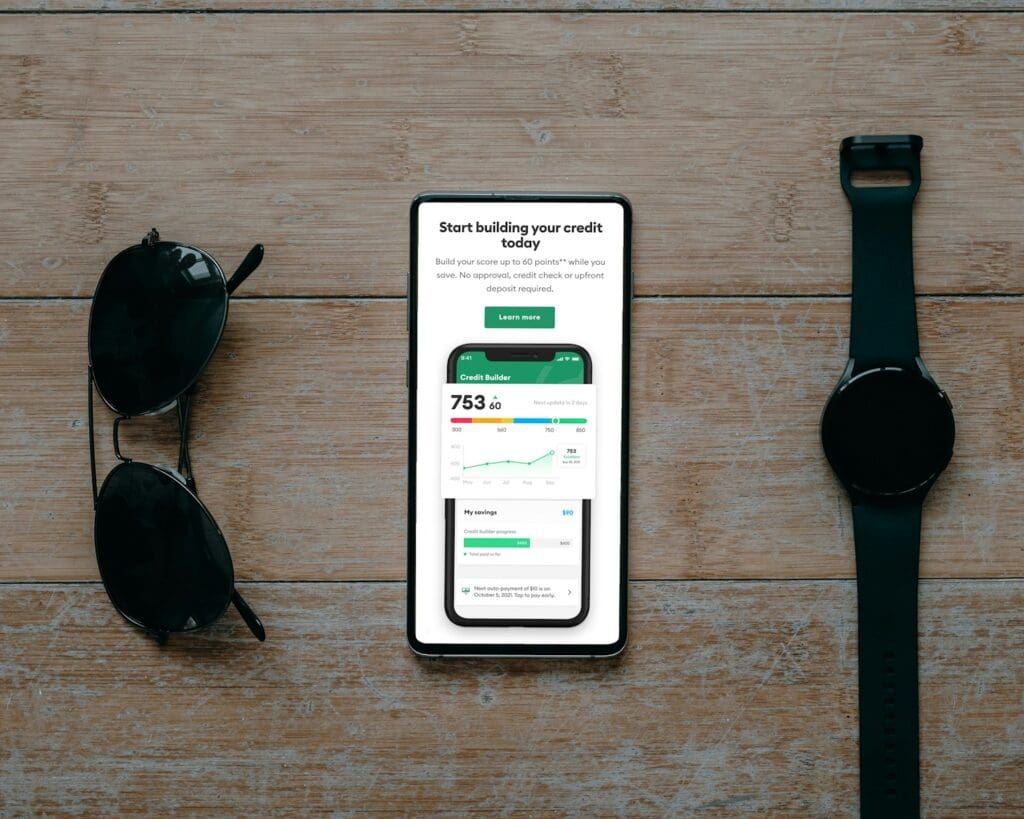
This is similar to having too many credit cards. If you have numerous personal loans but no credit card or mortgage, you might see your credit suffer even if your loan repayment is in good standing. Why? Because credit bureaus want you to have a mix of different types of debt, not just one.
20. Focusing on the Wrong Debt

Don’t pay off your debts willy-nilly. Make a plan and pay them back strategically! Paying down the smallest bill might seem the easiest, but you might instead consider paying back the one with the highest interest rate first. This can help you avoid costly mistakes on your credit report.
19. Too Many Inquiries

Don’t perform too many hard inquiries on your credit report in too short of a timeframe. If you do, it can make credit bureaus skittish about your activity and start to ding your score. This is frustrating, but it’s meant to keep you from borrowing excessively without a plan to pay it back.
18. Negative Records Piling Up

Late payments, missed bills and the like can really cause strain for your credit report. There are also several unusual types of negative records you might have forgotten about that you should check on if you’re not sure what’s dragging your score down.
17. Not Paying Parking Tickets
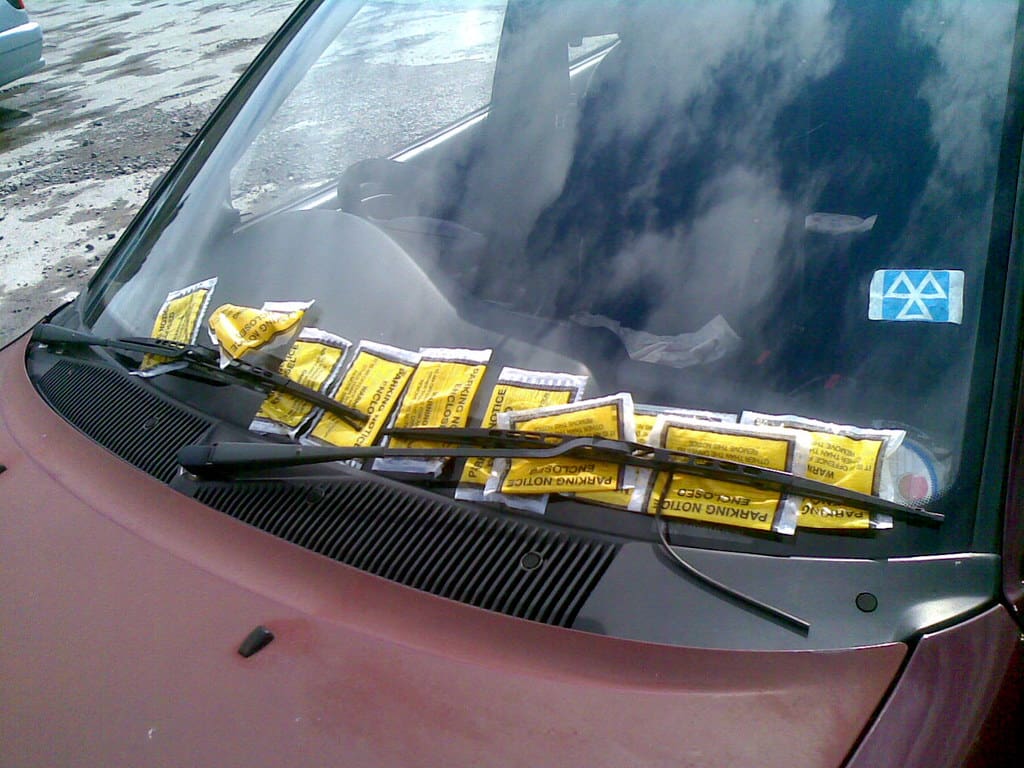
Parking tickets are a common negative record that people can forget about. If you’ve got a parking ticket, especially in a city you don’t live in, that you said “forget it” about, you could be seeing it drag your score down. Just pay it off to get it off your record.
16. Forgetting Library Fines

Likewise, those overdue library fees you said to not worry about could be lingering on your credit score. No, seriously! Pay your overdue library fees and get back in good standing with your local library. This isn’t just the right thing to do, it’s also a good move for your credit score.
15. Not Appealing Court Judgments
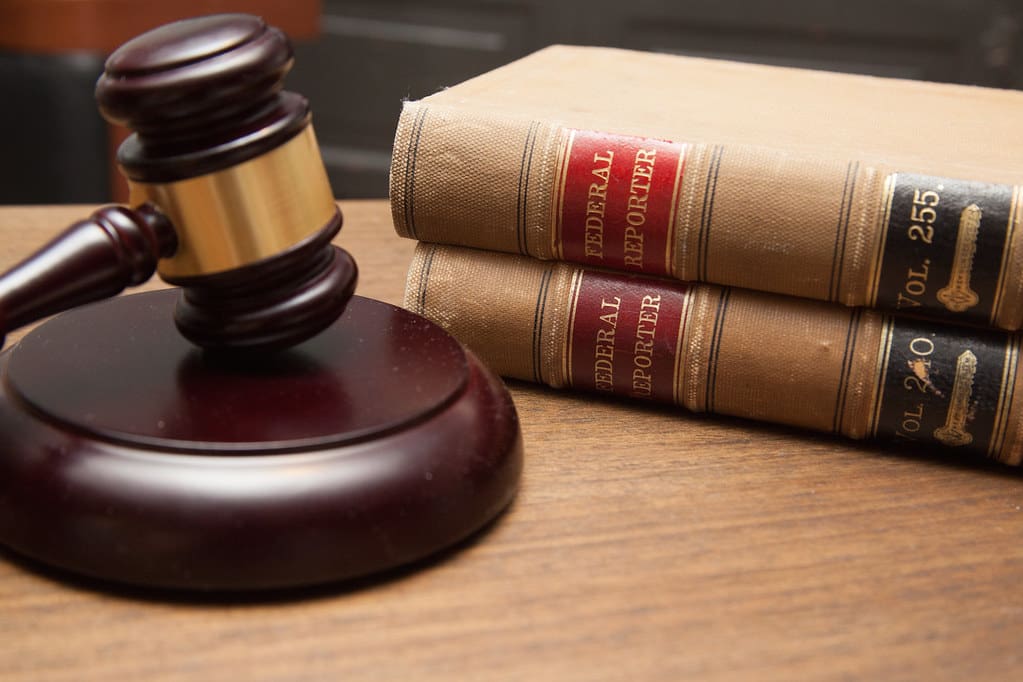
If there are court judgments against you, they could be heavily impacting your credit score. One option here is to appeal these judgments if you think they were made in error. However, if you’re found criminally liable for a credit-related crime, you can expect for your score to stay low for at least a decade after.
14. Carrying Medical Debt

Medical debt is terrible, as no one ever plans to go deep into debt just fighting illness or injury. Still, if you’re letting the debt linger in the hopes of having it charged off, it can be terrible for your credit. Consider a debt relief plan to get this under control so it can get off your credit report.
13. Avoiding Back Taxes
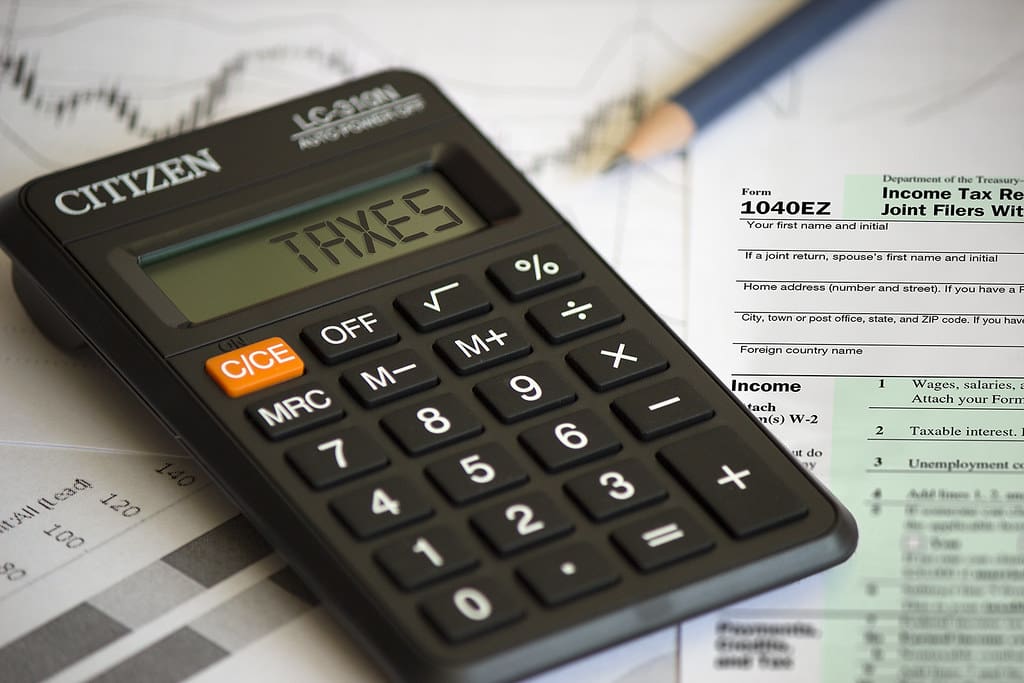
Don’t forget to pay your taxes. For one thing, the government has many tools it can use to compel the money out of you, including garnishing your wages or putting a lien on your property. These things are also terrible for your credit score and can impact you for years to come.
12. Spouse’s Credit Decisions
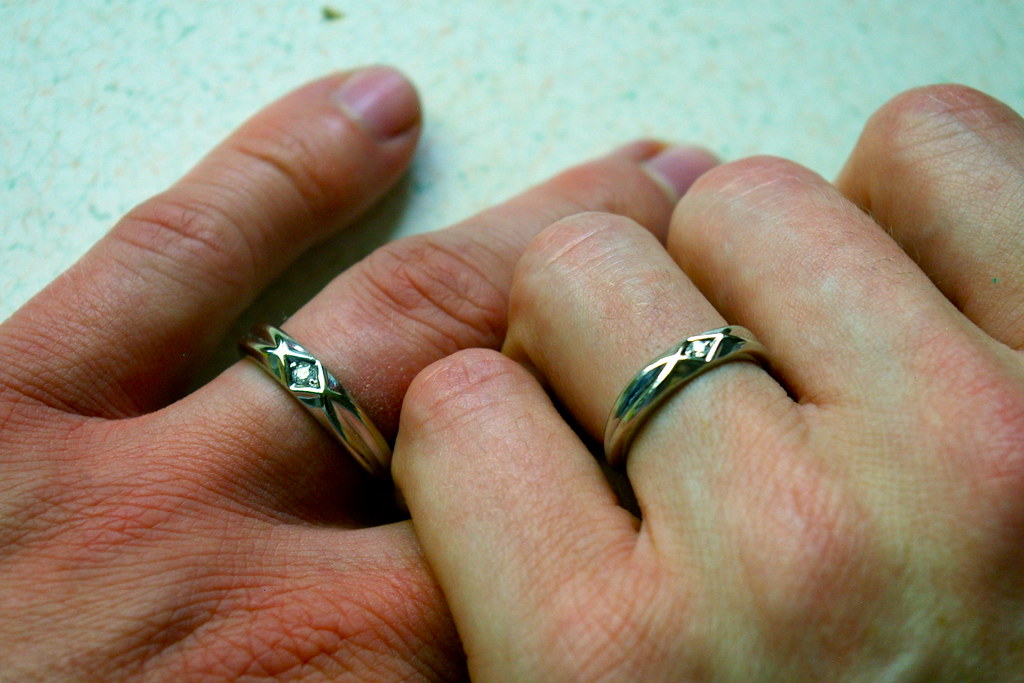
Just because you didn’t make bad calls with your credit, that doesn’t mean your spouse’s credit decisions won’t impact you. Before you get married, make sure you have a good grasp on your partner’s finances. After all, they might end up making your credit a mess, especially if they’ve got lots of outstanding debt.
11. Debt in Collections
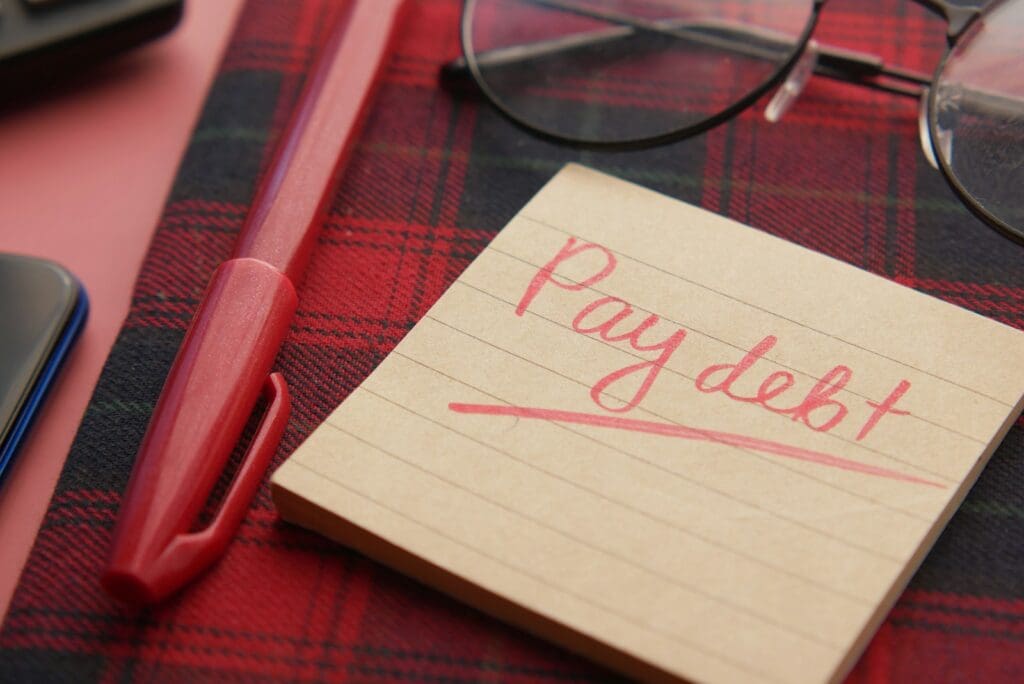
Whatever you do, don’t let your debts go into collections. As soon as a debtor sells your debt to a collections agency, that’s a large black spot on your credit report. Not to mention, dealing with collections agencies is a nightmare in and of itself. Save yourself the hassle.
10. Late Payments
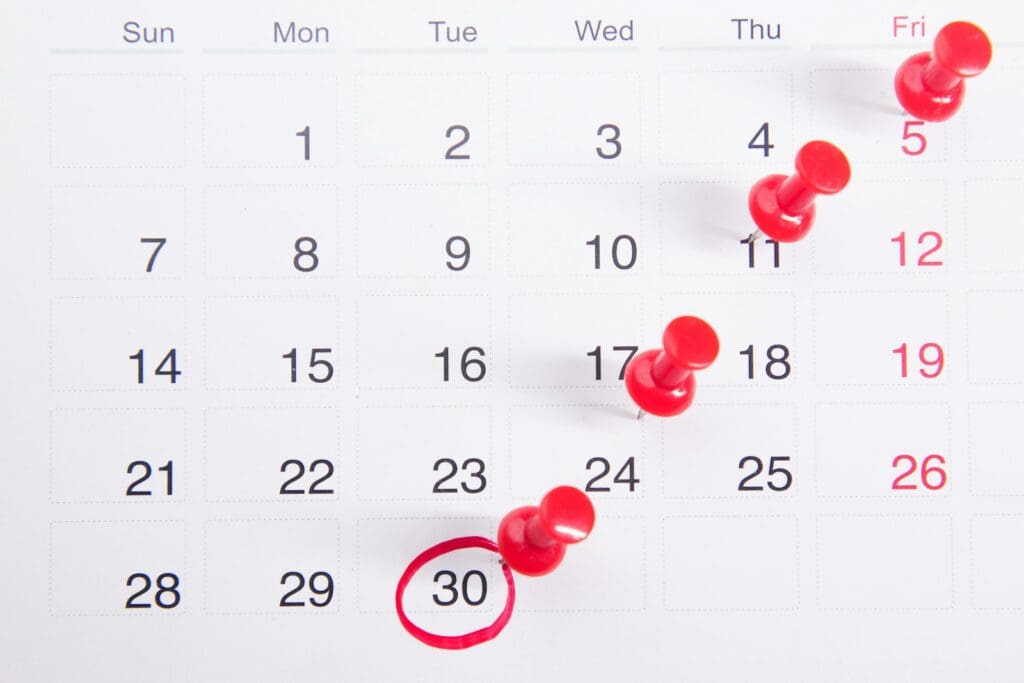
Payment history is one of the main factors credit agencies use to determine your credit score. Almost everyone makes a late payment once. In most cases, a late payment or two will not significantly damage your credit. However, any more late payments than that will begin to add up, harming your credit score.
9. Reaching Your Credit Limit

You may have a certain credit limit, but don’t spend until you reach it. A large factor in calculating your credit score is your debt utilization ratio. In other words, the amount of available credit you’re using. Running up credit debt beyond 50% of your limit starts affecting your credit score. Try to stay between 10-30% of your credit limit.
8. Accumulating Credit Card Debt Early in Life

Most people get their first credit card after high school or while a college student. It’s important to start your credit history right. Keep your debt utilization ratio between 10-30% of your credit limit. Your past history counts for as much as 35% of your credit score. Getting too much debt too early in life hurts your credit.
7. Closing Credit Accounts
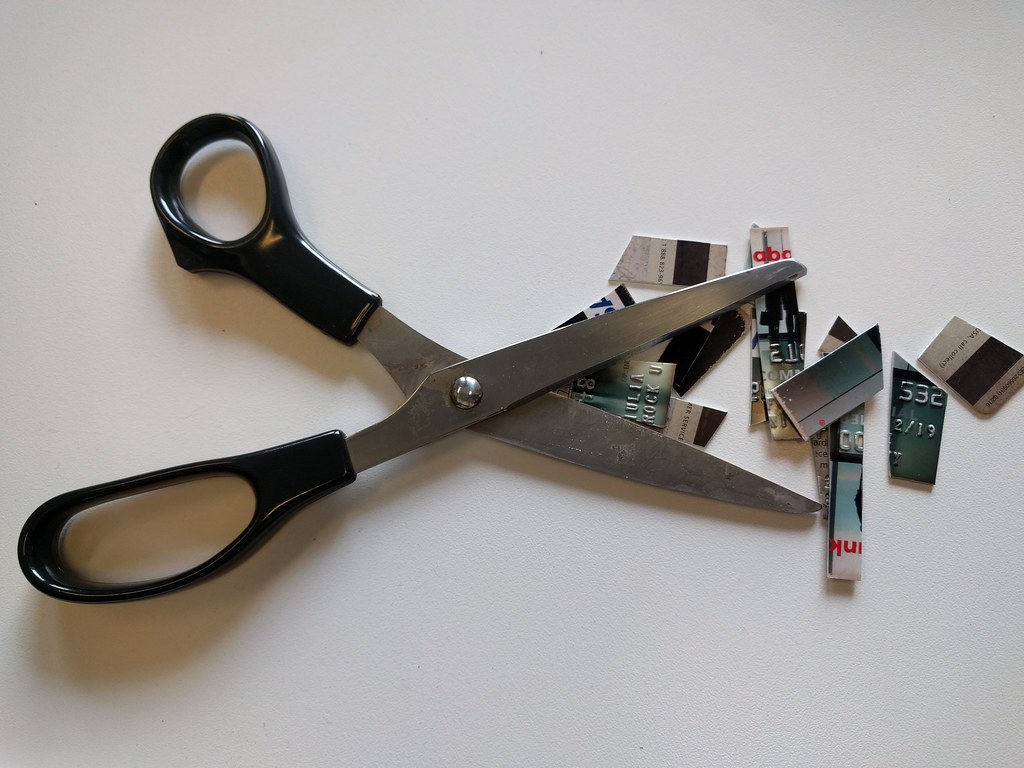
Up to one-third of your credit score is based on your debt utilization ratio. It’s best not to close credit accounts because they increase your overall available credit. If you have to close an account, close newer accounts first. Older accounts have longer credit histories. Credit history counts for 15% of your credit score.
6. Applying for New Credit Accounts Often
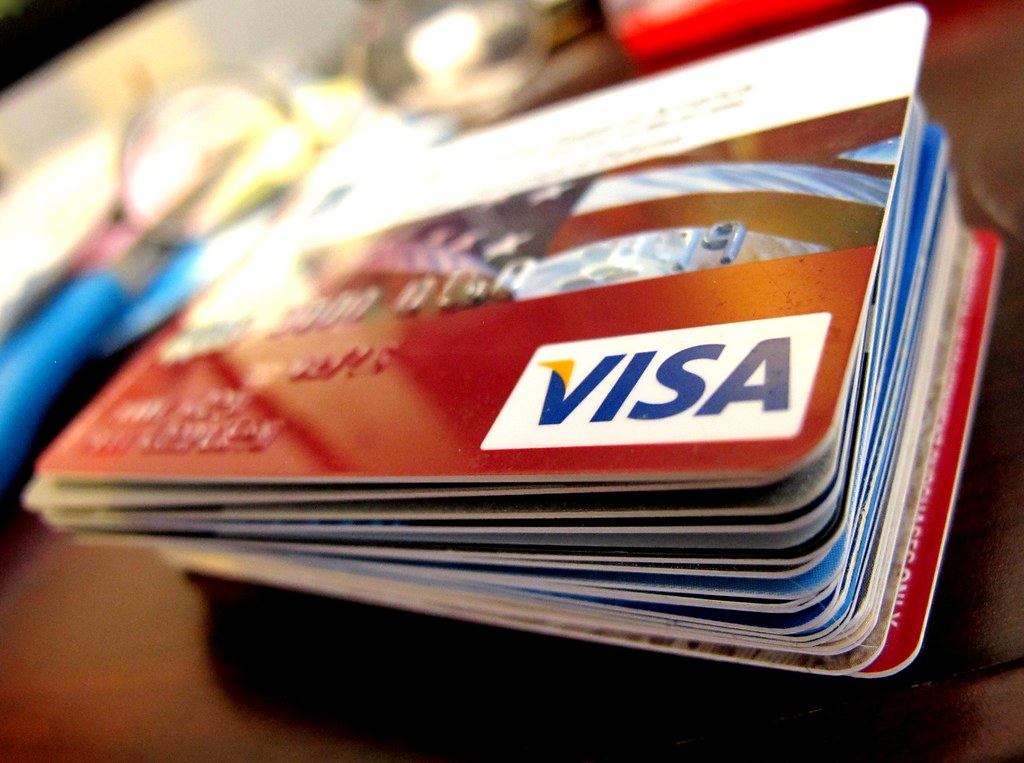
Applying for new credit accounts or cards often can harm your credit score. Every official inquiry that is made on your credit report presents a new opportunity to earn a point against you. Multiple inquiries might be viewed as a red flag that indicates a credit history with mistakes and problems.
5. Missing or Ignoring Errors on Your Credit Report

It’s important to check your credit report periodically to look for any inaccuracies. You can check your credit for free each year (one time per each of the 3 major credit agencies) at AnnualCreditReport.com. Check once every four months. If you find a mistake or error on your report, contact the credit bureaus and initiate the process of correcting them.
4. Bouncing a Payment or Check

Bouncing a check or automatic payment — that is, having it denied for insufficient funds — risks having the failed transaction reported to a collection agency. Such a report will impact your ability to obtain future lines of credit. Don’t write a check if the funds aren’t there. Stop automatic payments beforehand and contact whoever you owe and ask about an extension.
3. Paying Your Rent Late
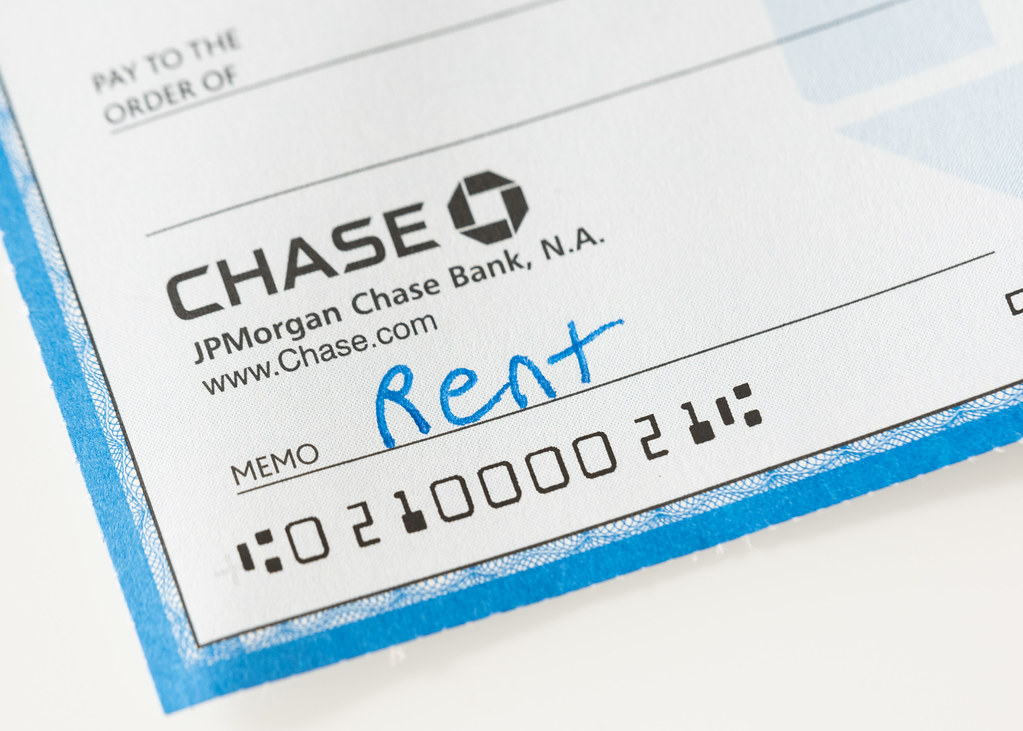
You may think everything’s okay when sending your rent in a little late, as long as you make the payment. However, many landlords still report slightly late rent payments. And if you don’t pay your rent for 30 days, it can lower your credit score. Getting close to an eviction notice will also hurt your credit score.
Read More: How Prepaid Credit Cards Protect Your Identity
2. Borrowing Money to Boost Your Credit Score
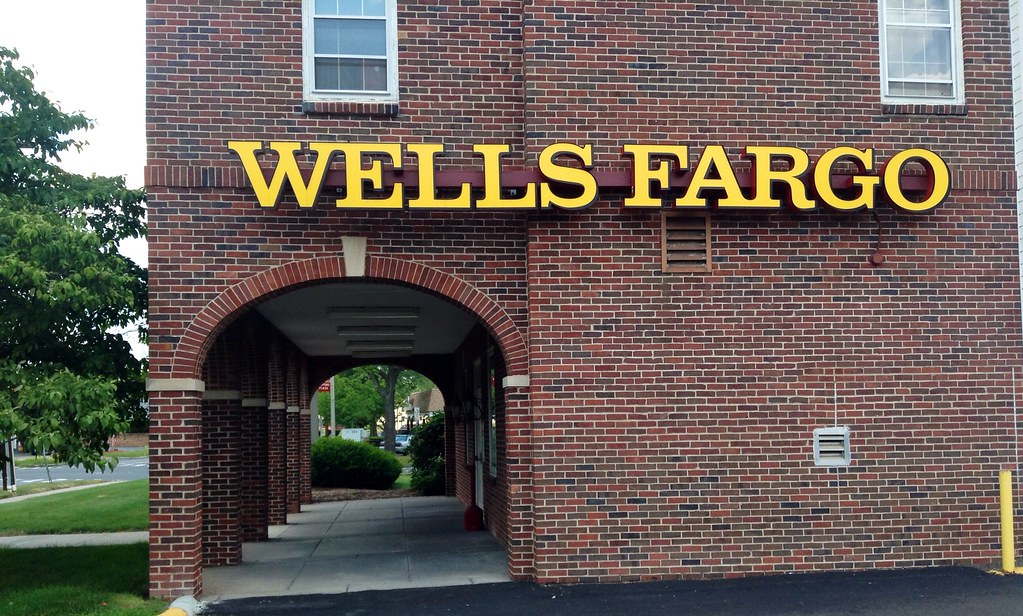
There are services and schemes promoting themselves as credit score boosters. Avoid them at all costs. These quick schemes don’t go unnoticed and will cost you one way or the other. You don’t have to carry a monthly balance to be creditworthy. Keeping your debt utilization ratio below 30% and making payments on time will improve your credit score.
Read More: 15 Ways to Improve Your Credit Score
1. Not Alerting Creditors of a Name Change
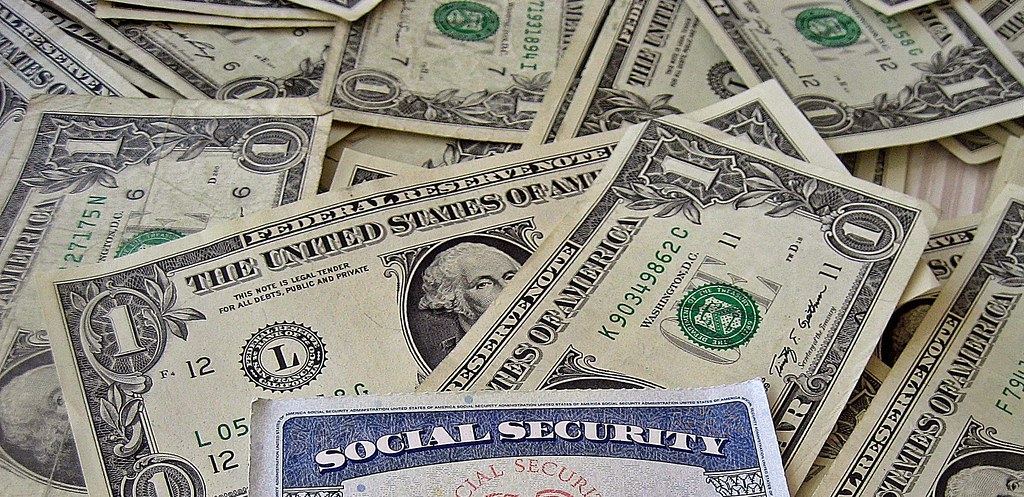
If you get married or change your name for any other reason, it’s crucial to alert your creditors immediately. First, it can result in credit report inaccuracies. Don’t assume your Social Security number will automatically connect you. It doesn’t. Your credit is connected by many factors. Errors and inaccuracies can harm your long-established good credit history and score.
Read More: 5 Easy Tips to Improve Your Credit Score

